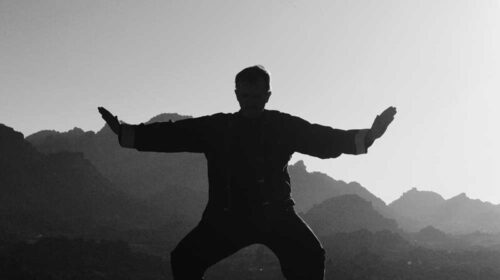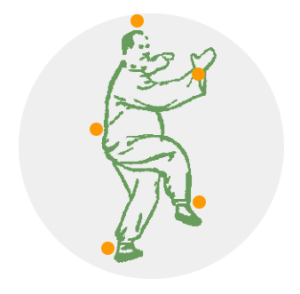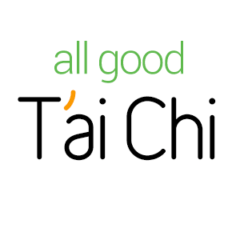Tradition

T’ai chi has been described as “moving meditation,” a “‘soft martial art.” In fact Tai Chi Chuan is an ancient exercise which embodies China’s most profound concepts and principles of health and movement. Based on softness and awareness (rather than force and resistance) T’ai Chi Chuan (also referred to as Tai Chi, Tai Ji, or Taijiquan) has been recognized for thousands of years as both a method of self-cultivation and an unexcelled form of self-defense. See the selected bibliography below for books and articles. The Internet offers numerous YouTube sites demonstrating the movement that defines t’ai chi.
In our group we gradually work up to and follow the Yang family “moving meditation” 37-posture form as offered by the renowned Cheng Man-ch’ing (1900-1975). Robert W. Smith (1929-2011), as the “Professor’s” first Western student, further opened the door to the internal martial arts for thousands of us during his remarkable life. (Read more about the spirit of Cheng Man Ching)
We miss both of them but take solace in our spirited practice and appreciation of all that results. We hope you come join our t’ai chi group and reap the benefits of this remarkable exercise for body and soul.
The Five Principles

We follow the fundamental handful of principles that govern t’ai chi as taught by the inimitable Cheng Man Ching and the Yang family.
- Sink and relax, feeling gravity, through a straight spine;
- Suspend the body from the top of the head, as if from a string;
- Move from the waist, like a great axle;
- Yin and yang, empty and full in harmony;
- Fair lady’s wrists, flowing energy out the fingers, relaxed head to toe.
Resources
Many books have been written about t’ai chi. Below are basic manuals that we feel will help the beginner as well as the advanced student gain a greater comprehension and appreciation of the art.
Cheng Man-ch’ing and Robert W. Smith. T’ai Chi: The Supreme Ultimate Exercise for Health, Sport and Self- Defense. Rutland, VT: Tuttle Press, 1966.
Cheng Man-ch’ing. T’ai Chi Ch’uan: a Simplified Method of Calisthenics for Health & Self-Defense. Berkley, CA: North Atlantic Books, 1981.
Cheng Man Ching (the Official Family-Run Website) 2012. website
Lowenthal, Wolfe. Gateway to the Miraculous: Further Explorations in the Tao of Cheng Man Ch’ing. Berkely, CA: Frog Ltd., distributed by North Atlantic Books, 1994.
Lowenthal, Wolfe. There Are No Secrets: Professor Cheng Man Ch’ing and His T’ai Chi Chuan. Berkley, CA: North Atlantic Books, 1991.
Smith, Robert W. Chinese Boxing, Masters and Methods, Kodansha. New York, Int. Ltd. 1983.
Smith, Robert W. Martial Musings: A Portrayal of Marital Arts in the 20th Century, Via Media Publishing, Erie Pa, 1999.
Svinth, Joseph. “A Robert W. Smith Bibliography.” Journal of Combative Sport. Joseph Svinth, ed. January 2003. website
